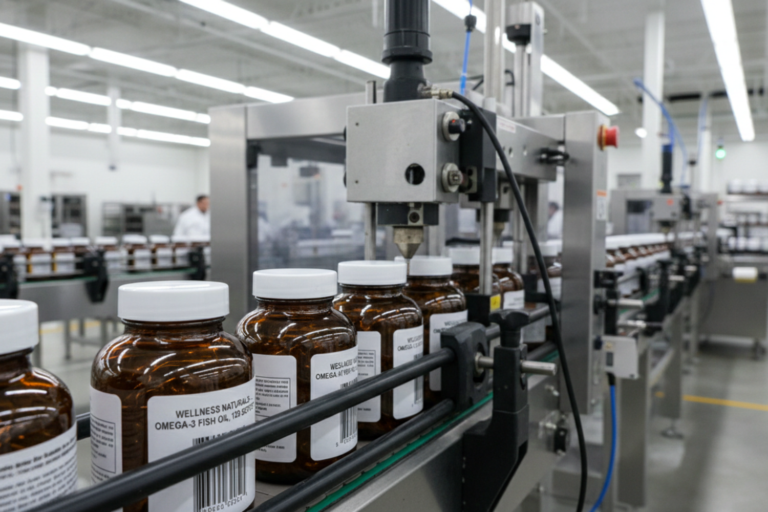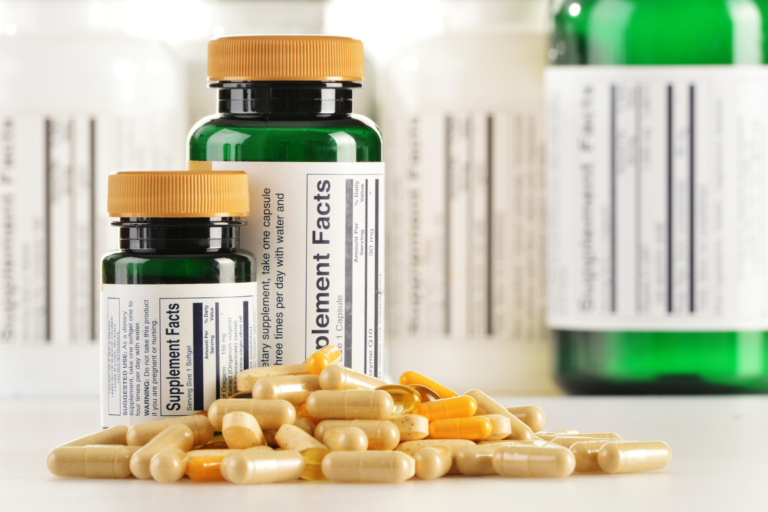With NutraPak’s expertise in softgel manufacturing services, brands can create high-quality supplements tailored to their specific needs, ensuring precision and consumer satisfaction.
cGMP or Current Good Manufacturing Practices is a set of stringent guidelines established by regulatory agencies like the Food and Drug Administration (FDA) to ensure the manufacturing process consistently delivers products that meet safety and quality standards.
The liposomal delivery system significantly enhances nutrient absorption by shielding active compounds from harsh gastric environments. Depending on their formulation, some traditional supplements may lose effectiveness during digestion, while liposomes can help protect nutrients and improve delivery to the bloodstream. This innovation has made liposomal supplements a preferred option for brands focusing on nutraceutical and supplement solutions.
Whether you’re working with a high minimum order quantity or seeking a low MOQ to save money and reduce warehouse space requirements, knowing how to calculate minimum order quantity can help you make cost-effective decisions that align with your business’s cash flow and profit margins.
Private label supplements allow companies to easily align products with their unique brand image by adjusting packaging styles, such as plastic bottles or blister packs. They are ideal for businesses in the natural products industry seeking to deliver high-quality offerings to their target audience without needing in-house manufacturing capabilities.
Child-resistant packaging and accurate warning labels are essential for safeguarding consumers, particularly young children, from accidental ingestion of potentially hazardous substances. For manufacturers of dietary supplements, pharmaceuticals, household chemicals, and over-the-counter medications, compliance with the Poison Prevention Packaging Act and guidelines set by the Consumer Product Safety Commission (CPSC) is critical in meeting federal regulations.







